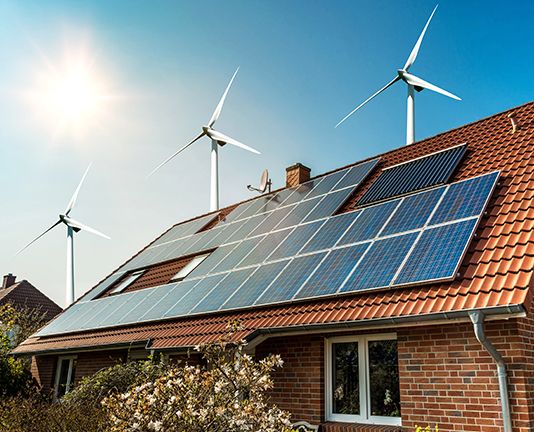As per the new order, an export duty of 15% will be imposed on hot-rolled and cold-rolled alloy and non-alloy flat steel products (of 600 mm or more width). Also, a 15% duty will be imposed on exports of hot-rolled bars and rods, other bars and rods of iron or non-alloy steel, flat-rolled products of stainless steel, bars and rods of stainless steel, angles, shapes and sections of stainless steel.
Iron ore exports (for all grades and including concentrates) will attract a 50% duty and 45% export duty has been imposed on iron ore pellets. The duties come into effect from Sunday. The government also cut tax on all grades of coal imports (coking and metallurgical) and demolished coal to offer relief to end-user industries including sponge-iron and secondary steel makers.
Steel companies had been rising prices citing costlier coking coal and rising energy cost. Iron-ore prices, too, have been flying around their historic highs. With the duty change, domestic steel prices are expected to cool. “Some correction in steel prices is expected in the coming weeks, which we are hopeful of passing on to our customers,” said, VR Sharma, Managing Director, Jindal Steel and Power.
Steel prices (hot rolled coils) have been declining in global markets on weak demand outlook, recessionary pressures and the extended lock down in China. In Fiscal Year 2022, India’s finished steel exports increased 25 per cent year-on-year to 13.5 million tonnes (mt).
The real estate sector would be a key beneficiary of any cooling in steel prices. Industry body CREDAI had been pointing to increasing prices of steel and cement that had pushed up construction costs by ₹400-500 per sq ft. “The move will help real estate developers rejected increased construction costs over the last 2 years,” said, HV Patodia, President, CREDAI.

